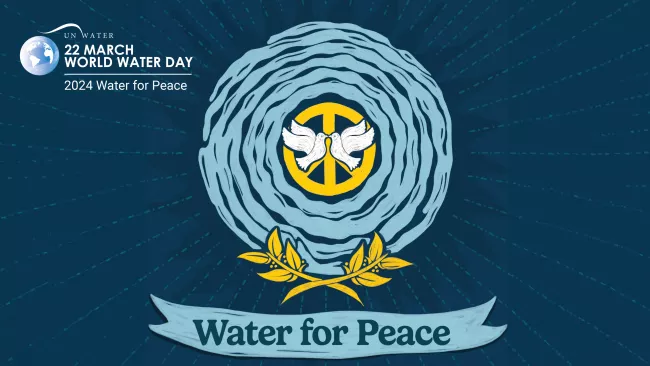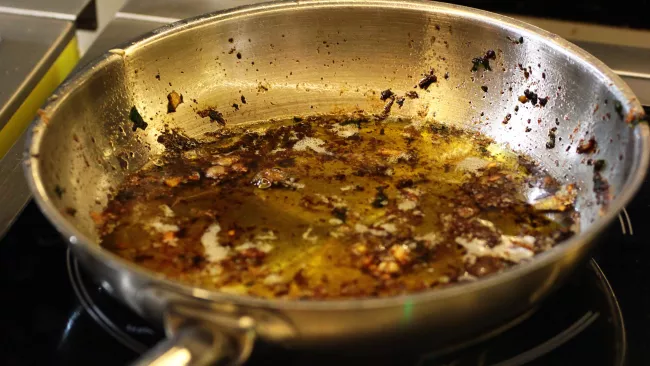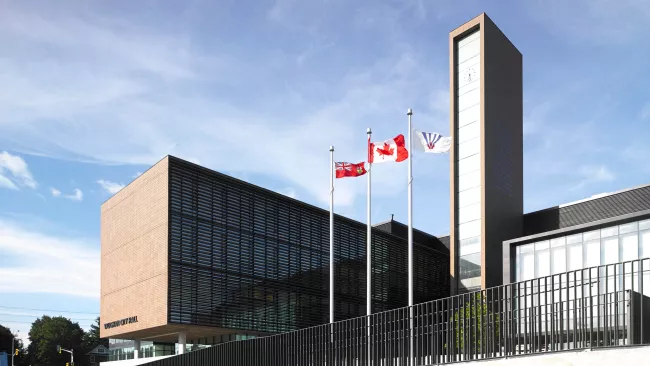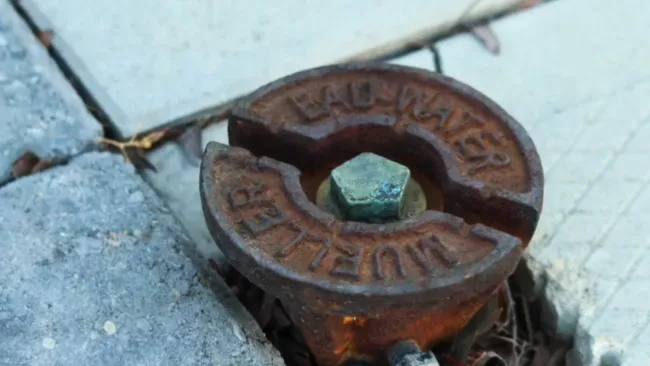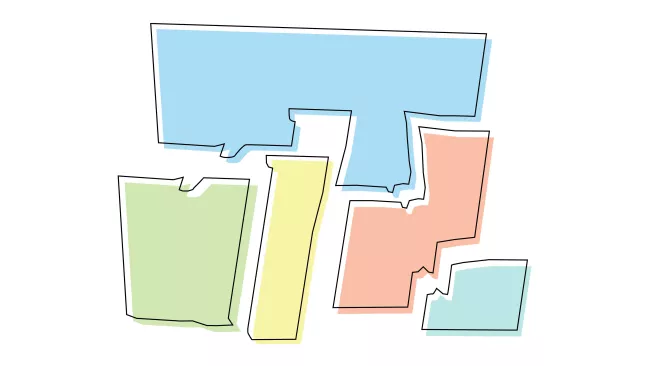It’s World Water Day!
Learn how you can create a positive ripple effect
Water is essential to our daily lives, and the City of Vaughan’s drinking water system fuels so much of what makes our community such a vibrant place to live, work and play. On World Water Day, the City is celebrating this precious resource and encouraging everyone to do their part to help conserve it!
World Water Day, proclaimed by the City annually on March 22, is a day to celebrate water and raise awareness of the 2.2 billion people around the world living without access to clean, safe drinking water. The theme for this year is ‘Water for Peace,’ which encourages nations around the world to unite around water and create a positive ripple effect – one that fosters harmony, generates prosperity and builds resilience to shared challenges. It’s an opportunity to learn about environmental stewardship and how small everyday actions you make at home, school or work can impact the natural environment.
How can you make a positive ripple effect at home?
You can start by using water more responsibly. Adopting water conservation practices can save you money on your water and wastewater bill and help ensure safe and clean drinking water for future generations!
Here are three simple practices you can try to reduce your water use:
Conserve water
Limit showers to five minutes. Every extra minute in the shower can waste 10 to 20 litres of water.
Turn off the tap while brushing your teeth.
Run the dishwasher and washing machine only when they are full.
Use a broom, not a hose, to clean your driveway and walkways.
Use a rain barrel to collect rainwater for watering gardens.
Plant drought-resistant trees and plants. Many thrive with far less watering and maintenance than others.
Water your lawn or garden only when needed. Depending on the weather, time of year and type of plants or turf, you may only need to water once or twice per week.
Protect your drinking water source
The water that enters Vaughan’s stormwater system through catch basins goes back into local creeks, rivers and lakes, such as Lake Ontario – the source of Vaughan’s drinking water. Ensure chemicals, fertilizers, yard waste, food and other materials do not enter catch basins.
The City’s sanitary sewer system is not designed to dispose of anything other than human waste, toilet paper and wastewater. Everyday items, such as hygiene products, wipes and food waste should never be flushed or poured down toilets or drains.
Fats, oils and grease should be left to cool and scraped into the green bin for safe disposal. They don’t go down the drain!
Check for water leaks
Most leaks are silent, which makes them hard to detect. They can cause unnecessarily high water consumption, which can lead to a high water and wastewater bill and costly damage to your home if left undiscovered.
To test for leaks, record the number on your water meter before you go to bed, then avoid running sprinklers, washing machines, dishwashers or toilets overnight. In the morning, check the number on your water meter. If the number has changed, it’s because water has passed through the meter, which means you may have a leak somewhere inside or outside your home.
The most common cause of high water and wastewater bills is toilet leaks. Visit the City’s leak prevention webpage to learn how to check for a leaky toilet or read our water wise brochure (PDF).
For more tips on reducing water use, visit the City’s Water Conservation webpage.
Vaughan’s water supply and distribution system
Do you ever wonder where our water comes from? The City is committed to providing safe and reliable drinking water to residents and businesses. Vaughan relies on a complex network of pipes, pumps, equipment and people to deliver drinking water to our taps and remove used water from our homes and places of work.
Here are some fun facts about Vaughan’s water:
Vaughan’s drinking water comes from Lake Ontario. It’s treated by the City of Toronto and the Region of Peel to meet Ontario’s drinking water quality standards. Then, York Region supplies clean, treated water to the City of Vaughan for distribution.
- The City operates and maintains 1,150 kilometres of watermains, 10,500 fire hydrants, 53,500 water valves, one booster station and one pressure elevating station.
- The City received a 100 per cent inspection rating on the Ministry of the Environment, Conservation and Parks (MECP) 2022-2023 Chief Drinking Water Inspector’s Report.
In 2023, the City invested more than $18.5 million to install, repair and/or replace equipment required to deliver safe drinking water. Costs were funded through the City’s water rates, associated reserves and the approved capital and operating budgets.
To ensure safe and efficient water and wastewater systems now and for years to come, the City builds, maintains and rehabilitates infrastructure to provide long-lasting access to water, wastewater and stormwater services.
For more information on the City’s water systems and services, visit vaughan.ca/water.
For updates and news as they happen, subscribe to Vaughan News and follow the official corporate channels on X, Facebook, Instagram and LinkedIn.

